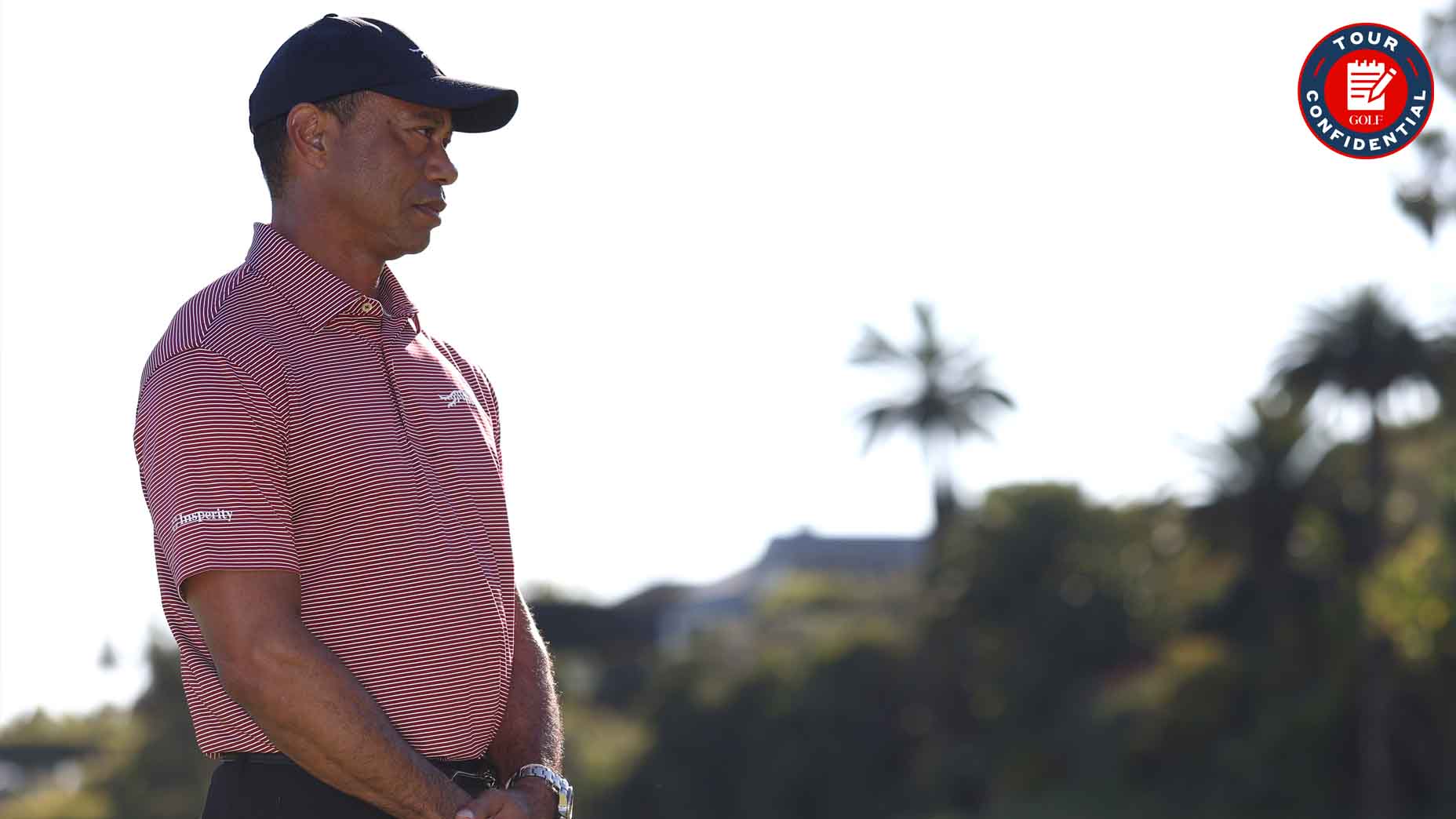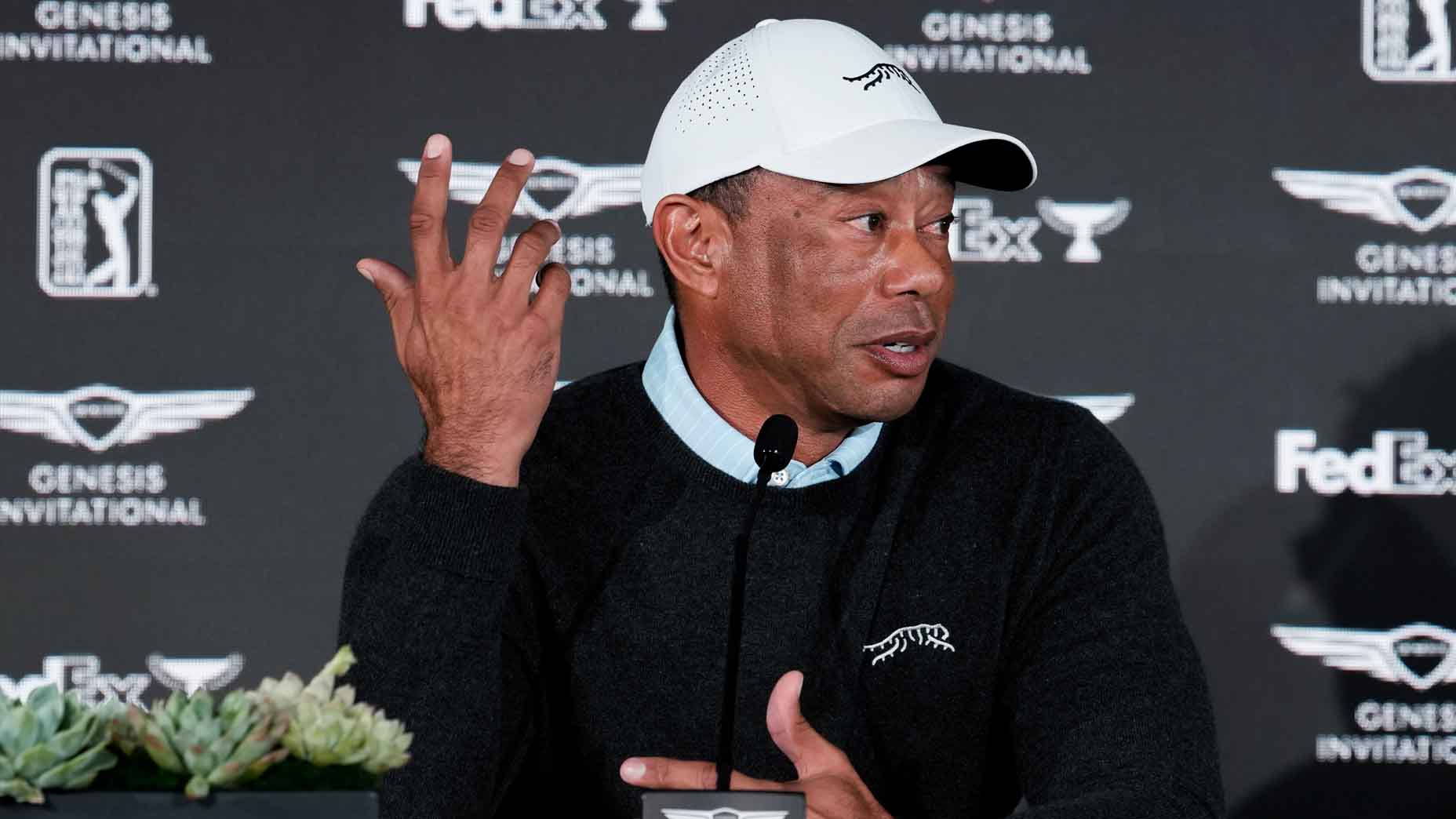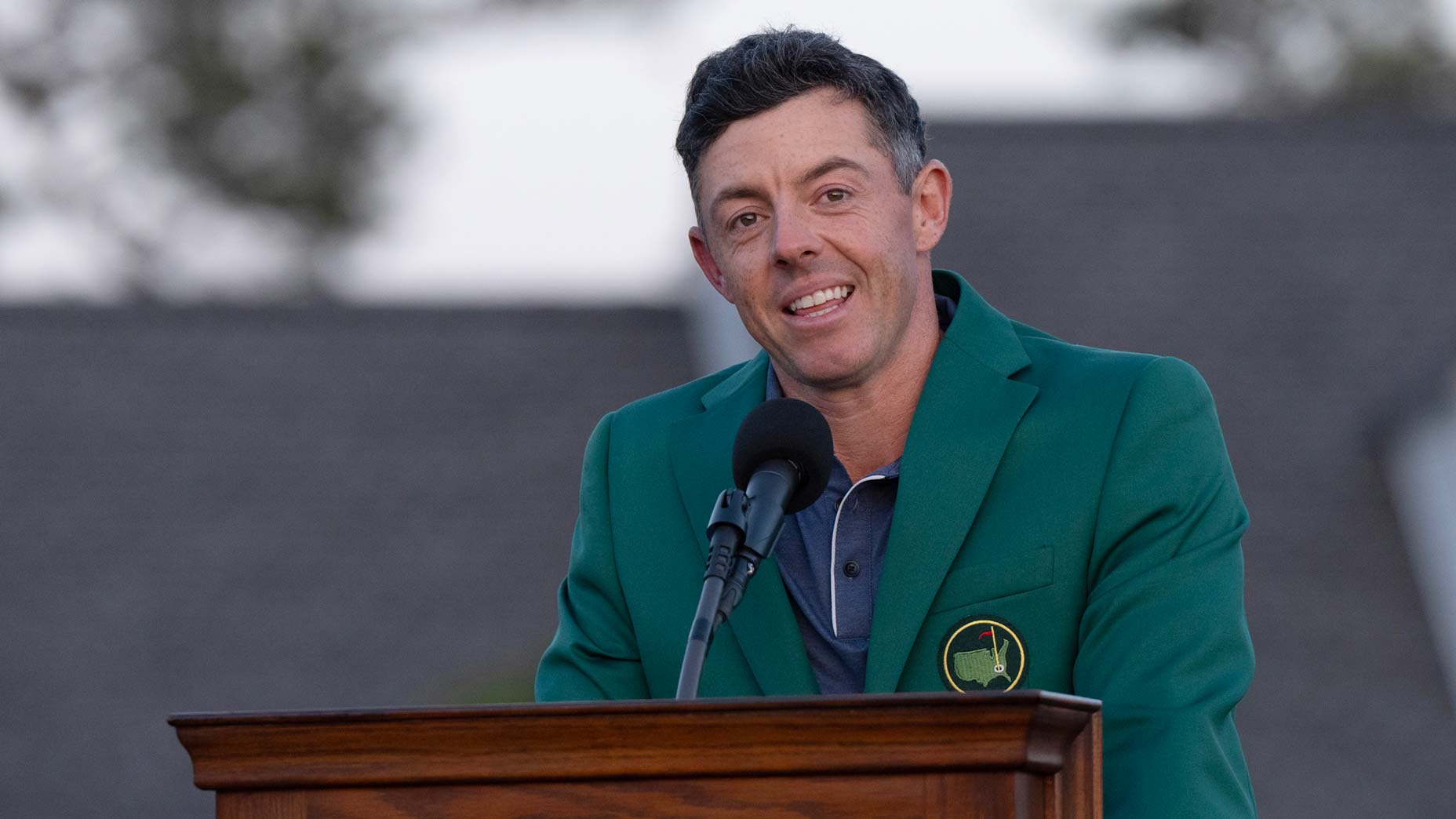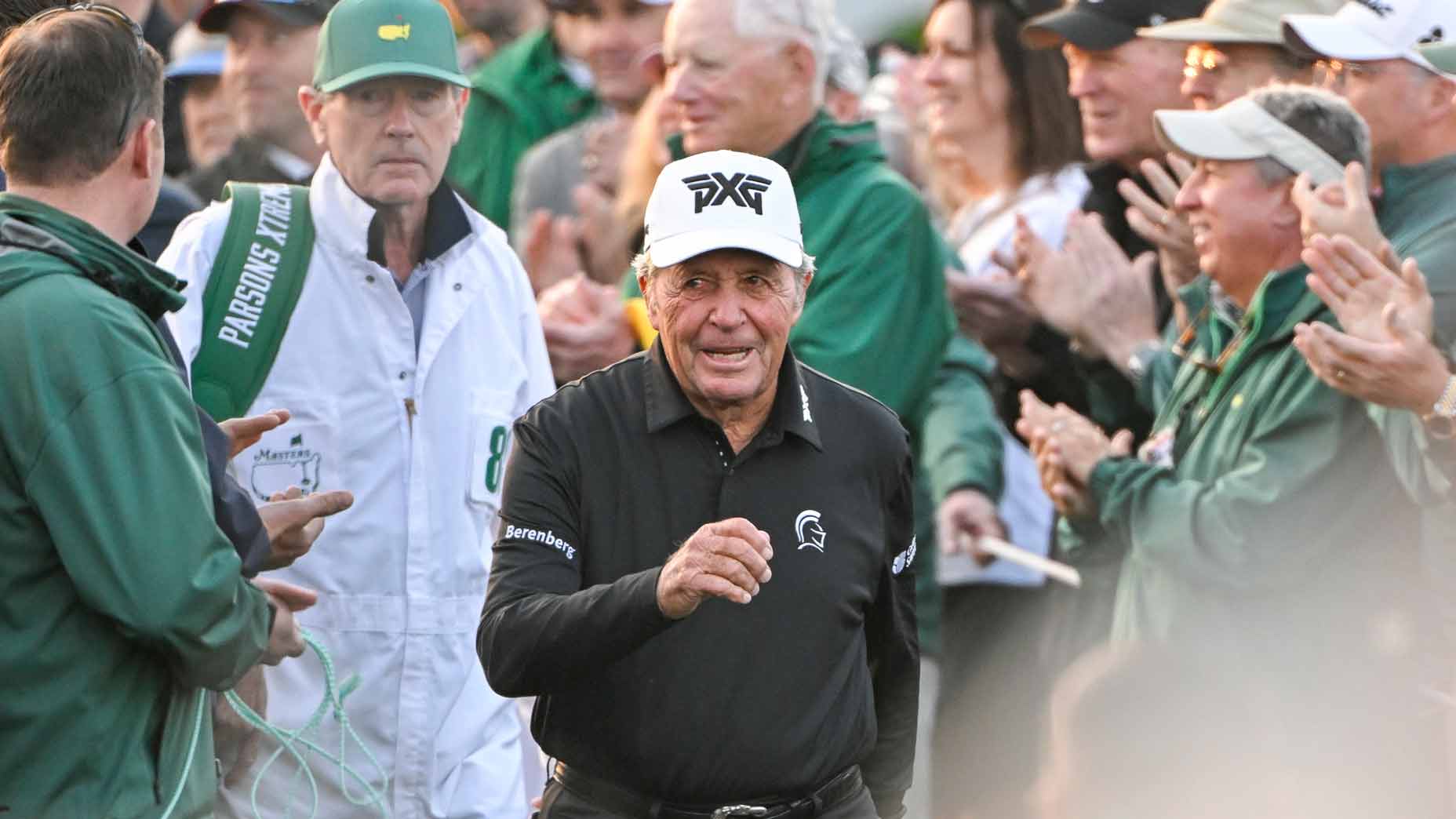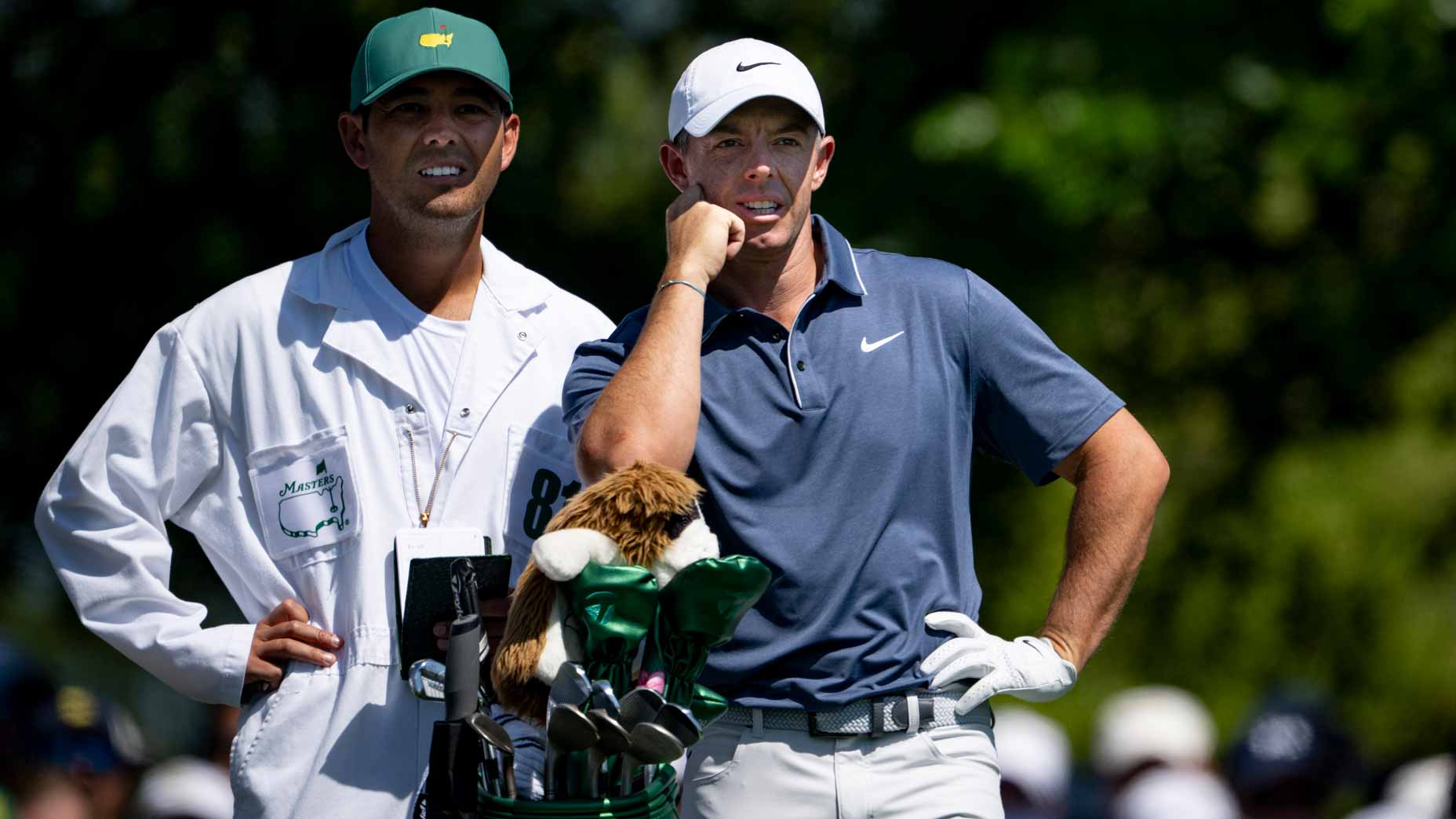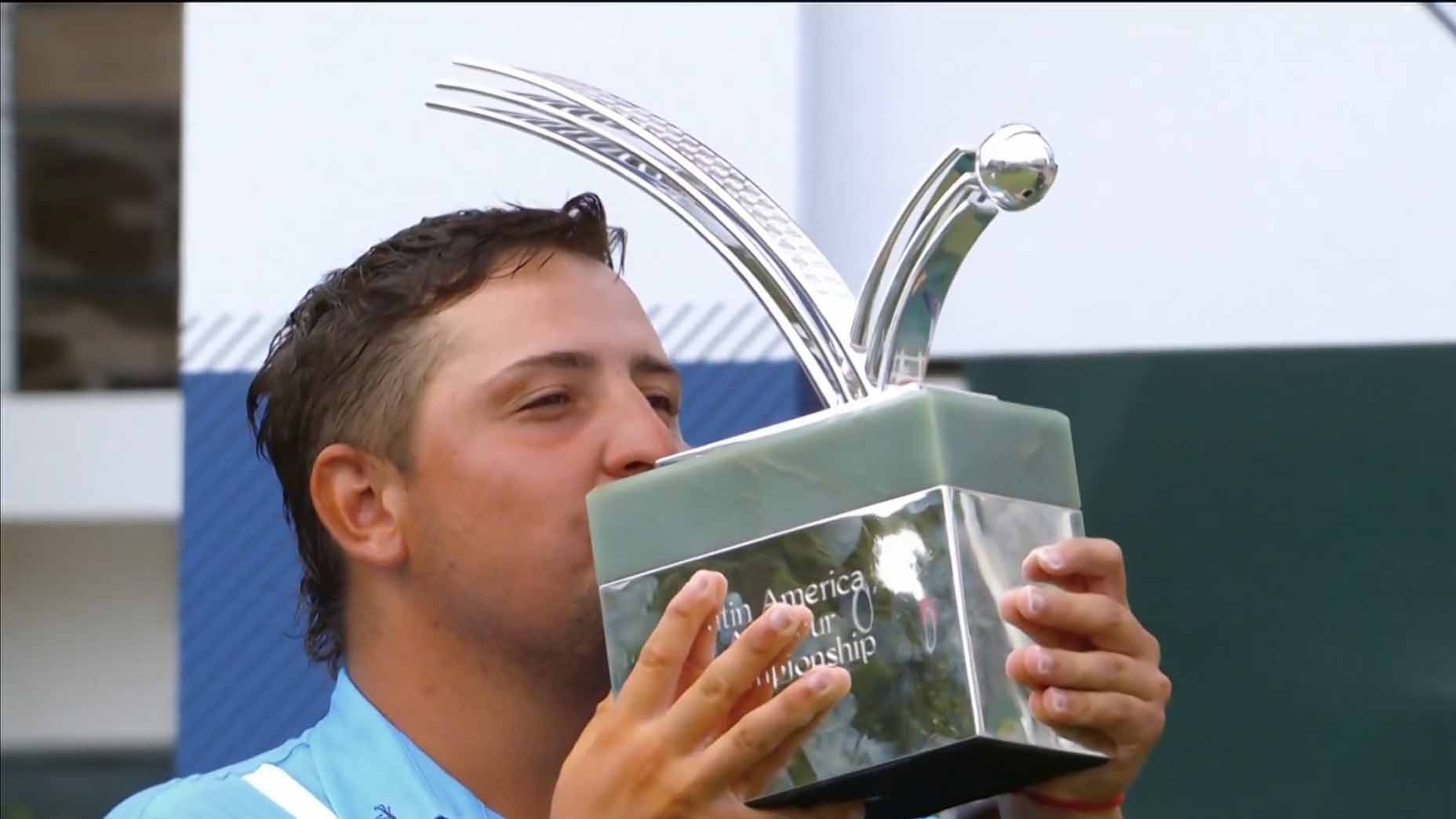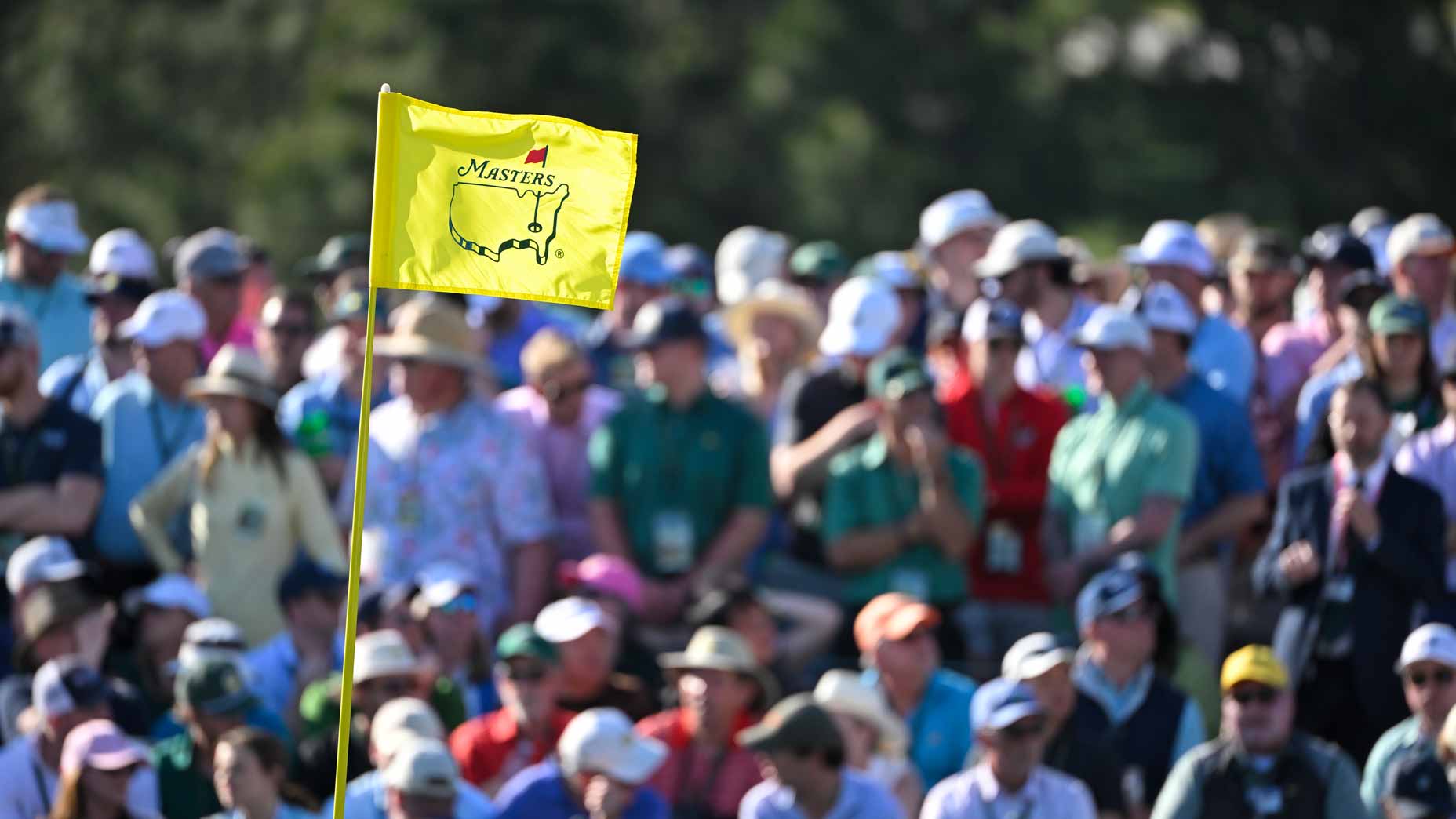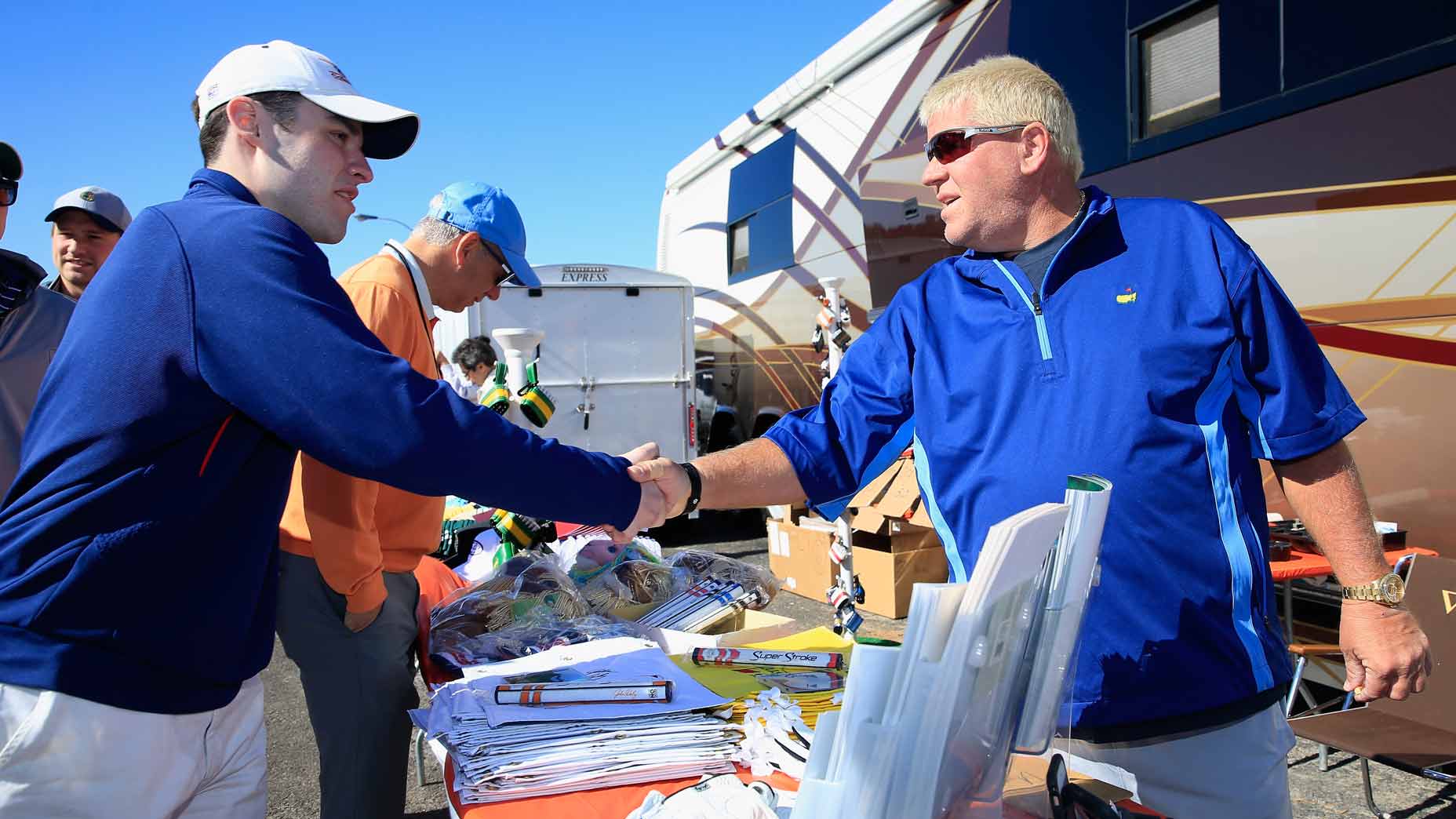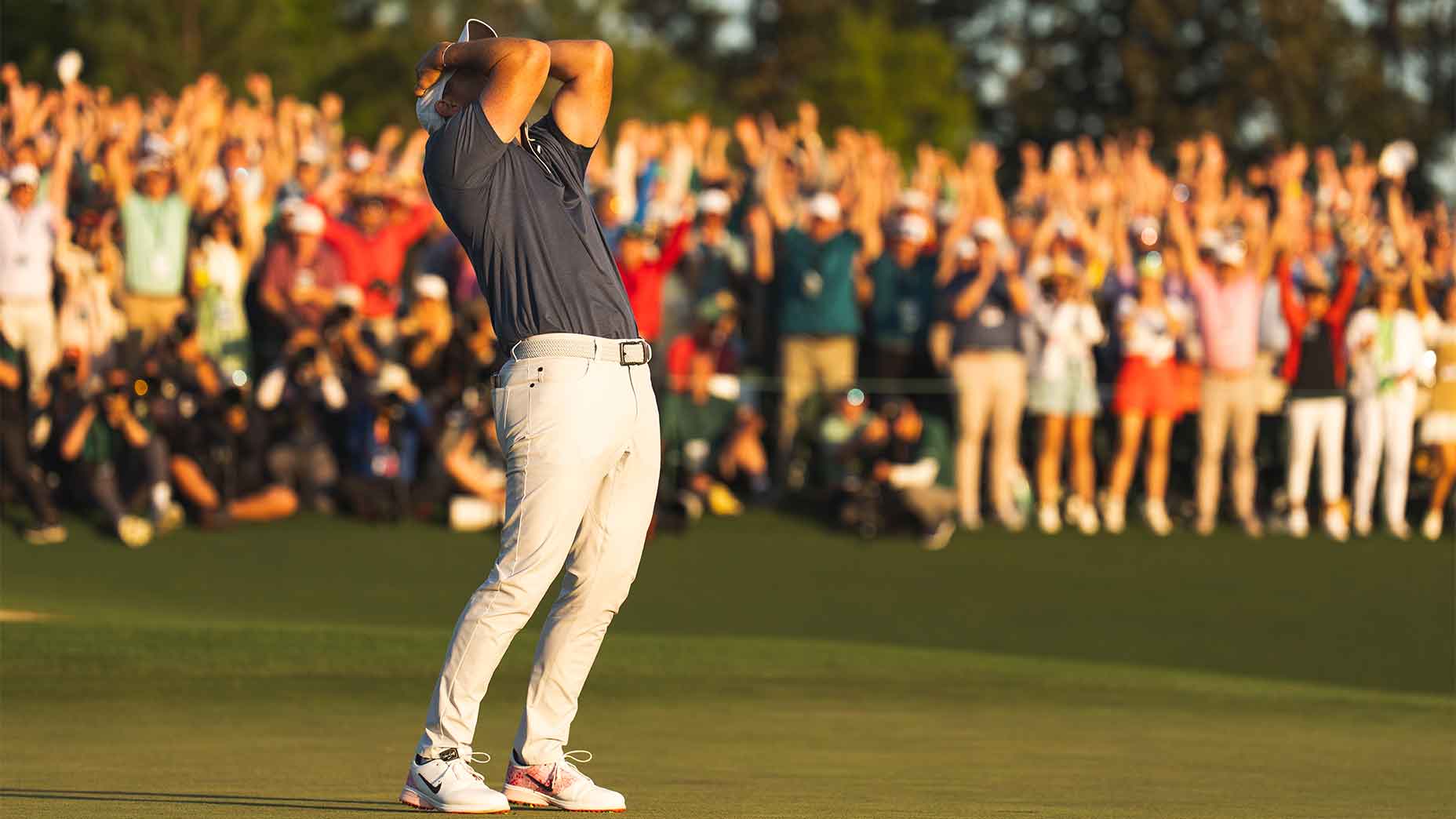Trevor Immelman has one of those golf swings that’s easy to become obsessed with. When you think about a golf swing as fundamentally solid as his, the word “mistake” doesn’t really come to mind. But Immelman has always been his own harshest critic, and on the most recent episode of Claude Harmon III’s “Off Course” podcast, he takes an honest look at something he wishes he did differently — and golfers at home should take note.
Immelman’s advice, in a nutshell, is to be self-reliant when it comes to your golf swing. That doesn’t mean you stop working with a coach, Immelman notes. But it does mean that you learn to be your own coach. If you don’t know how to fix your golf swing yourself when things go wrong, you don’t own your swing.
“If I could do it all again, one of the mistakes I made was that I didn’t own my own swing,” he tells GOLF Top 100 Teacher Claude Harmon, which you can watch in the video above. “I was very reliant on other people telling me what to do, and what to change, and why things worked and didn’t work. I think it’s so important to understand why your swing works. Why it works under pressure. Why you’re able to do it under pressure. If you can do that, you can have a better chance of replicating it under pressure and fixing it when it gets a little out of whack.”
Learn how to troubleshoot
Immelman explains that you need to know your golf swing, and your tendencies, so well that you have the ability to “troubleshoot” your golf swing yourself.
“All of us go through periods where we hit it great, then hit it terrible, then hit it great. We go through that wave all the time, and to me, the best ones can troubleshoot their own swing,” he says. “They can fix stuff on the fly.”
And the art of great coaching, in Immelman’s mind, is one who can help their students do exactly that.
“I really try to keep it as simple as I can,” he says of his own coaching style. “I will find players who do that particular thing well. If I think he needs to drop his hands more in transition, I’ll send pictures of Rory McIlroy. If I think someone needs to open his body more in transition, I’ll send DJ. That’s the way I’ll go about it. I’ll try to get them to see what I’m seeing, and then implement it in their own unique way.”
Great advice from one of the brightest thinkers in the game. Listen to the full episode below, or subscribe right here.

